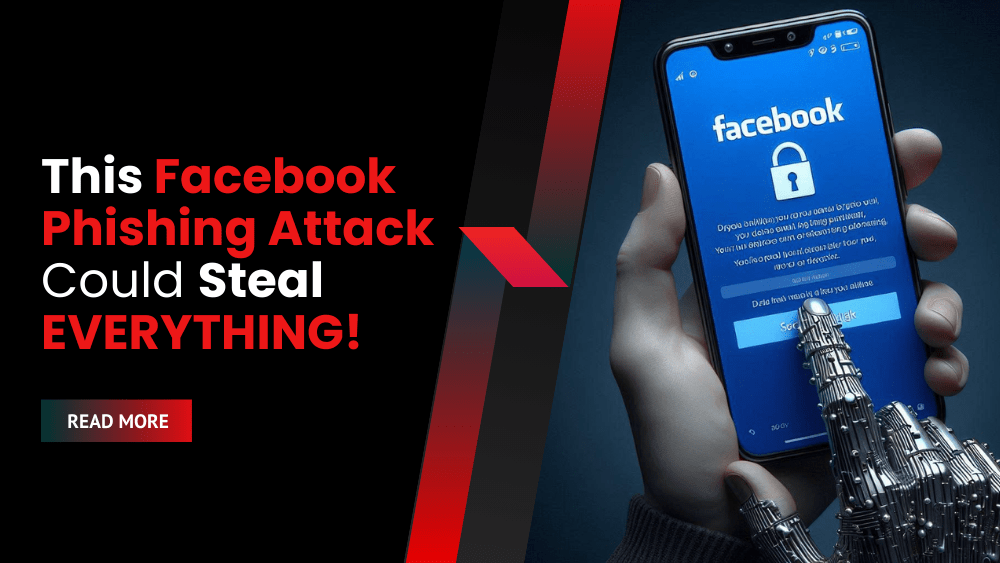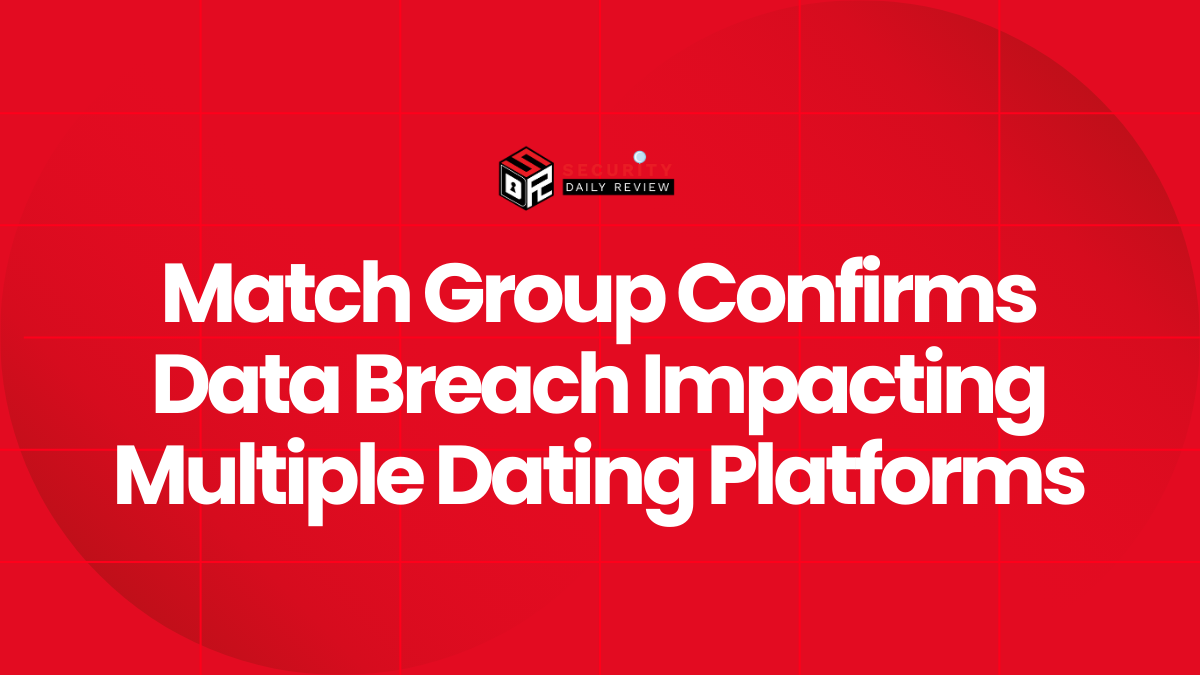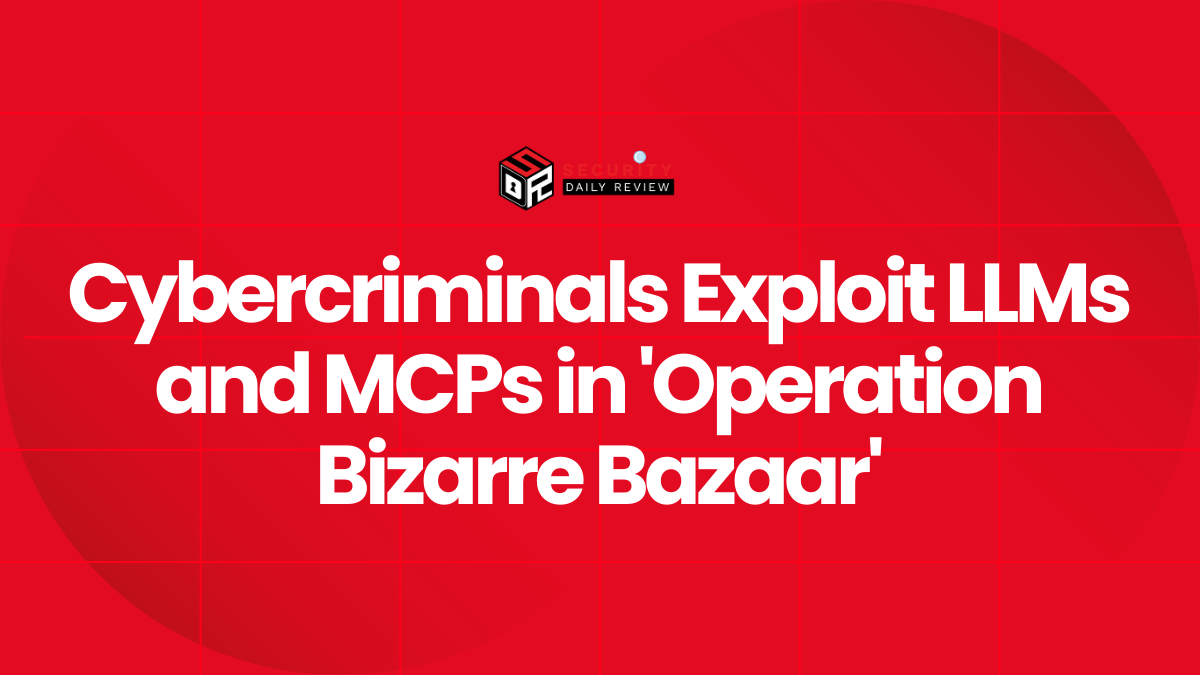Your Facebook account isn’t just a collection of photos and posts—it’s a gateway to your entire digital life. And right now, a terrifying Facebook phishing Attack is targeting thousands, threatening to steal EVERYTHING. This isn’t your average phishing attempt; this attack is sophisticated, widespread, and incredibly dangerous.
Security experts at Check Point Research have issued an urgent warning about this Facebook phishing attack, emphasizing its serious implications.
The campaign, first observed on December 20th, has already reached over 12,000 email addresses. The majority of targets are located in the U.S. (45%) and Europe (45.5%), with a smaller number in Australia.
Deceptive Tactics of the Facebook Phishing Attack
This Facebook phishing campaign uses a sophisticated approach. The phishing emails, sent via Salesforce’s automated marketing service, employ a deceptive “noreply@salesforce.com” return address to enhance authenticity.
This mimics tactics seen in previous attacks impersonating Google support. The emails falsely claim copyright infringement, stating, “It has been reported that your recent activity might be in violation of copyright laws.”
This phishing attack leverages the brand’s immense reach—third largest globally, behind only Google and YouTube—making the consequences particularly severe, according to Check Point.
“When a phishing campaign leverages the Facebook brand,” Check Point stated, “the implications are particularly consequential.”
But here’s the chilling part: compromising your Facebook account isn’t just about losing your profile. It opens the door to identity theft, financial fraud, and the exposure of your personal information. Think about it: your Facebook contact list, your connected accounts, your private messages—all vulnerable if this scam succeeds. This Facebook phishing attack is a serious threat to your digital security and financial well-being.
Protecting Yourself from the Facebook Attack
While the threat is real, you’re not powerless. Here’s what you need to do:
- Verify EVERYTHING: Never click links in suspicious emails. Go directly to Facebook’s website to check for any notifications.
- Strengthen your password: Use a strong, unique password for your Facebook account.
- Enable two-factor authentication: This adds an extra layer of security.
- Report suspicious activity: If you receive a suspicious email, report it to Facebook immediately.









